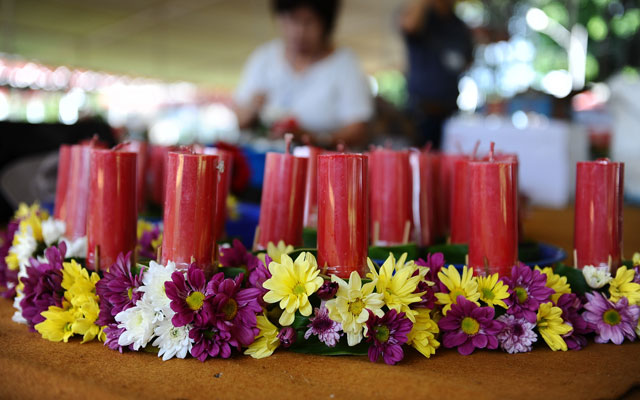The United States Commission on Individual Religious Freedom (USCIRF) has again rated Indonesia as a Tier 2 country.
The Tier 2 designation indicates that “violations engaged in or tolerated by the government are particularly severe.” It means that the country is on the threshold of joining Burma, China, Saudi Arabia, and North Korea as the world’s worst violators of religious freedom.
While the Indonesian constitution supposedly protects religious liberty, blasphemy laws and other anti-discrimination laws restrict it. There are laws to protect property rights and religious freedom of the six officially recognized religions, but they often serve as a barrier to religious freedom for minority groups that are not recognized.
The Wahid Institute—founded by former Indonesian president, Islamic religious scholar, and civil society leader Gus Dur—stated that 2011 saw an 18 percent increase in intolerant activities against religious minorities. And according to the Jakarta-based Setara Institute, there were at least 274 documented incidents where Indonesians were denied religious freedom, 244 attacks on religious minorities, and 363 incidents of religious intolerance.
The campaign against the minority Muslim Ahmaddiya population is the latest in an ongoing dispute. The government has issued laws against the Ahmadiyya in 26 provinces, barring the minority group’s religious activities and further fueling violence against their community. Sixty Ahmaddiya mosques have been destroyed, 43 mosques have been closed, and one Ahmaddiya community in West Java was attacked by 1,500 Islamic militants, who killed three people and injured at least five.
Christians in Indonesia remain persecuted. The severe sectarian conflict that threatened Indonesia in the early 2000s may have subsided, but from church burnings to demolition of religious structures, the persecution is intensifying. International Christian Concern estimates that over 50 Christian churches have been shut down in the past year. Even house churches have felt the effects of growing tension between Muslims and Christians in some communities.
Most of the persecution against the Ahmadiyya and Christians is done under the auspices of official law. For example, closure of churches and mosques are largely attributable to the Revised Joint Ministerial Decree on the Construction of Houses of Worship enacted in 2006 that requires stringent standards in applying for building permits. The USCIRF states, “The decree mandates that religious groups obtain the signatures of at least 90 congregation members and 60 area residents on an application, as well as approval from both a local religious ‘harmony’ board and the local government.”
It is no surprise that many Indonesians and long-time friends of Indonesia are scratching their heads at the selection of Indonesian President Susilo Bambang Yudhoyono to receive the World Statesman Award from the Appeal of Conscience Foundation. The honor is to be awarded to a politician who upholds human rights and supports religious tolerance. But by most accounts, although Yudhoyono may not be intolerant himself, he has turned a blind eye to the abuse.
With so many good people in Indonesia and sound constitutional fundamentals, the country ought to do much better in terms of protecting religious freedom.






























